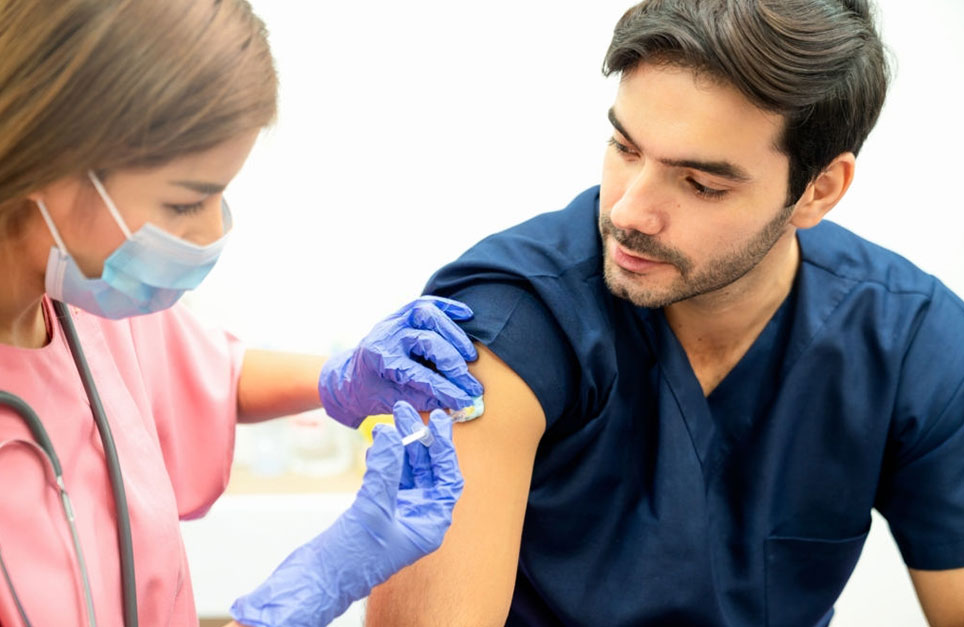During the 2009 flu pandemic in Canada, public health officials noticed that vaccinated individuals were MORE LIKELY to get the flu those that were unvaccinated. Initially this phenomenon was not taken seriously…
Flu Vaccine = Increased Risk of Flu
Canadian researchers noticed in the early weeks of the pandemic that people who got a flu shot for the 2008-2009 winter seemed to be more likely to get infected with the pandemic virus than people who hadn’t received a flu shot.
A Canadian Problem?
Five studies done in several provinces showed the same puzzling and unsettling results. But initially research outside of Canada did not, and the effect was dismissed as “the Canadian problem.”
News of the unexpected findings broke at a time when countries in North America and parts of Europe were getting ready to start vaccinating their populations against the pandemic virus.
Some jurisdictions were also trying to figure out whether to offer the seasonal flu vaccine they had purchased — similar to the 2008-2009 shot — along with the pandemic vaccine, in case the seasonal flu viruses continued to circulate. Quebec opted not to offer the seasonal vaccine because of the concerns raised by the studies.
Study Results Dismissed
Many people in the flu research and public health communities found the whole event unhelpful, and many rejected the findings. Some suggested if there was a problem, it might have been with the flu vaccine used in Canada, because the problem wasn’t seen elsewhere.
But a new study suggests the findings may indeed have been real.
A group of Canadian researchers recreated the event in ferrets, the best animal model for predicting how influenza will act in humans.
The findings of the ferret study were presented at the Interscience Conference on Antimicrobial Agents and Chemotherapy (ICAAC), a major international infectious diseases conference.
Lead author Dr. Danuta Skowronski, an influenza expert at the B.C. Centre for Disease Control in Vancouver, also led the first study that spotted the apparent interaction between 2008 flu shots and pandemic flu infection.
She and her colleagues worked with 32 ferrets, giving half the 2008 seasonal flu shot and the remainder a placebo injection. The work was blinded, meaning the researchers didn’t know which ferrets received which shot. Later, all the ferrets were infected with the pandemic H1N1 virus.
The ferrets in the vaccine group became significantly sicker than the other animals, though all recovered.
“The findings that we show are consistent with the increased risk that we saw in the human studies,” Skowronski said.
She said that in the time since the pandemic, researchers in other countries have reported a similar interaction.





